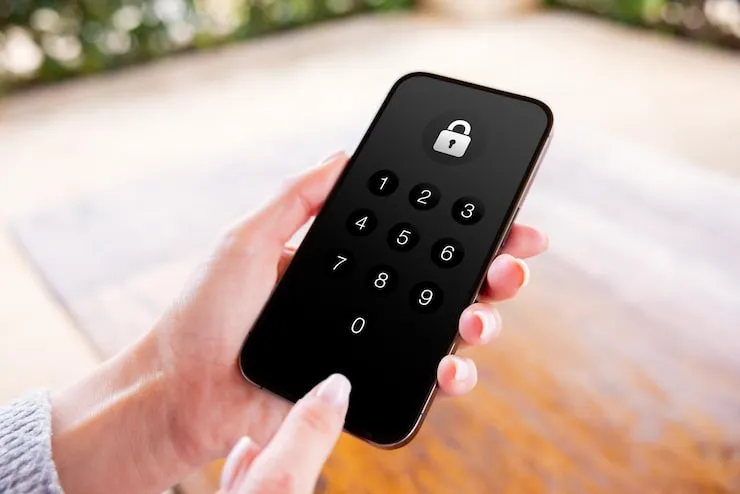Michael Gregg appeared Friday, September 16th on The Fox Morning Show in Houston to talk well-nigh the risks to personal privacy that are now occurring considering of technology and how these threats will wilt increasingly wide and widespread for the foreseeable future. Michael Gregg has been asked to scuttlebutt on several movies that deal with hacking such as “BlackHat” and the “Snowden” movie that has just been released. One of the issues that is highlighted in the Snowden movie is the worthiness to remotely wangle smart phones to spy on individuals. Is this real? Yes, it is!
Smartphone malware such as Trojans, are growing rapidly which indulge hackers to remotely vivify a phone’s camera and microphone. We see this type of wade mainly targeting activists and journalists in foreign countries, but it is likely to wilt widespread among U.S. consumers over the next five to ten years.
Another real threat to online privacy is the growth of the Internet of Things (IoT). These are all of the devices out there from refrigerators, TVs, cars, and medical devices that have new Internet connectivity built in and smart features. The problem is that they’re not ripened with security in mind, so it’s relatively easy for someone to hack them. Just imagine someone taking over your smart TVs embedded camera, Internet-connected thermostat, or IoT door locks.
Criminal hackers have wilt increasingly sophisticated and it appears we are inward into a new age where highly personal and intrusive cyber attacks are rhadamanthine far increasingly common. The worthiness to spy on others in their own homes or harass them by hijacking things within their homes or cars. Cyber extortion, harassment, and identity theft could wilt much worse than they are today. Cyber treason is now a big industry where plane foreign governments are funding hacker groups to harass their enemies. Examples of this can be seem in the hacking of the Clinton campaign, the DNC, and Colin Powell’s emails.
The recent data breaches of state voter registration databases and U.S. Olympic athletes’ medical records by Russian hackers are examples of how U.S. citizens can be unprotected in the middle of cyber conflicts between the U.S. and other countries. In the years ahead, we could see increasingly instances of consumer data stuff stolen and dumped on the web by foreign hackers who oppose the U.S. government.










